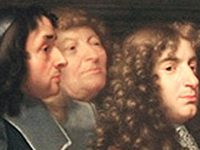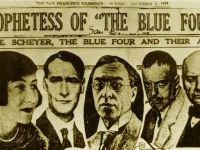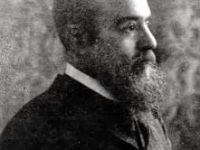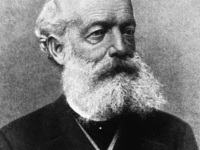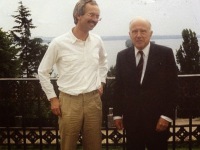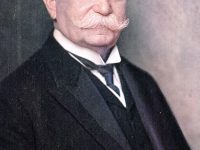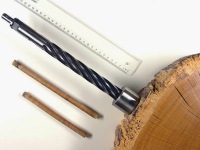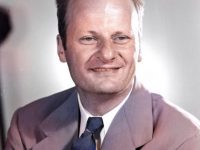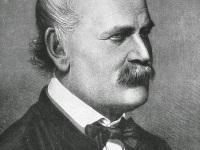Jean Picard and his Love for Accuracy
On July 21, 1620, French astronomer, cartographer and hydraulic engineer Jean-Félix Picard was born. He is regarded as the founder of modern astronomy in France. He introduced new methods, improved the old instruments, and added new devices, such as Huygens‘ pendulum clock to record times and time intervals. Background Jean Picard Jean-Félix Picard was born as a son of a bookseller and was allowed to study at the Jesuit Collège Royal Henry-Le-Grand, which…
Read more

